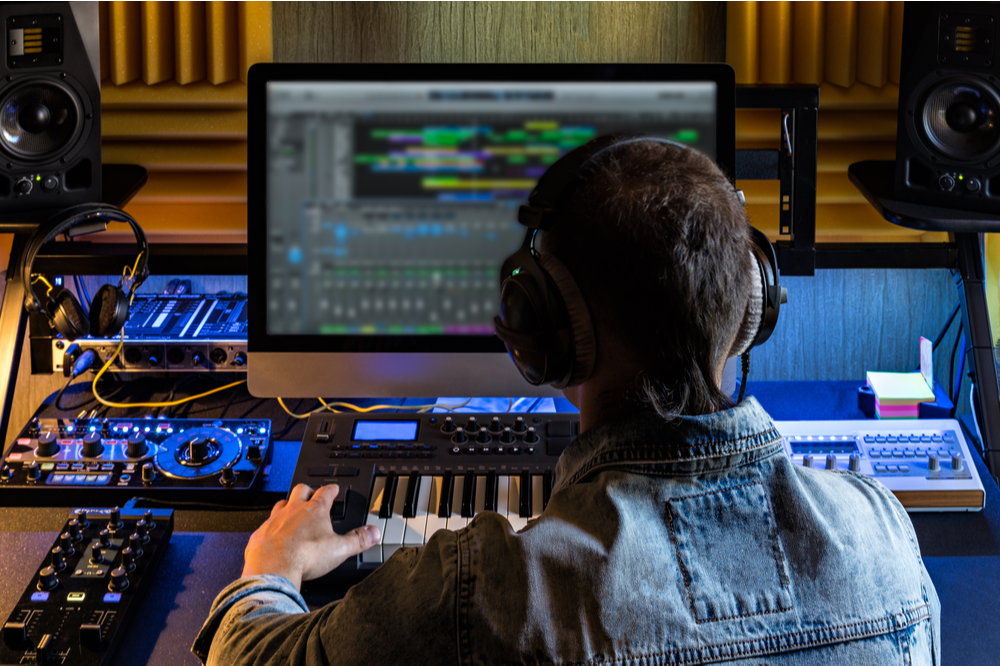Why study Music Technology?
Music Technology hits the important balance between theory and practice. This is in order to ensure students get experience working with the essential concepts and practical skills involved in the music industry. Undertaking a course like this will familiarise students with audio and information technologies.
Check out Courses.ie’s database to find the right course for you.
What will you learn?
Students of Music Technology courses will start off by covering the foundations of music. This means they will cover basic theory and notation, composition and the aspects of popular music. Technical aspects such as computer programming, signal processing and sound engineering will also be covered.
Due to a new demand in the industry to have a greater skill set, students will be introduced to the recording studio, live venues, TV and radio, post-production and live performance situations. This means that they will have a wide variety of experiences that will help them secure their dream job.
Musicians, DJs, computer music hobbyists and those who simply love listening to music can learn the tricks of the trade and move into the music industry with ease as an audio professional.
Students of Music Technology courses will have the pleasure of attending a number of guest lectures. This means they have the opportunity to meet those in the industry who are passionate about what they do. As well as that, you will have the opportunity to experience studio operations and have access to them when required.
Advanced broadcasting skills are another aspect of Music Technology that some may not necessarily think of. Students will experience a wide variety of areas within radio broadcasting and the media. The course is entirely practical. This means that you will gain valuable skills that will stick with you in your career going forward. A heavy emphasis is put on both studio and production techniques.
Some courses in Music Technology are offered in person, while others are delivered completely online. This means that you’re certain to find a course that works for you. Courses vary in terms of duration. For example, some will only require you to attend three weekends which will allow you to get a certification quicker. Others may last for a number of months or years.
What career paths are available?
After studying Music Technology, students will have a number of options when they finish the course in terms of career paths.
As a result of the technical skills and experience you will gain, you will be able to work in the music and media industry. Music and sound production for recording, radio and television, music and media software development are some popular options. As well as that, students go into sound effects design for the games industry, music and arts management positions and composition for multimedia and films.
There is also the option for students to go on to further study in the industry. They can start off with a part-time course in Music Technology before going on to full-time study in the field if they choose to do so. Students can choose to specialise in something such as film and TV or in music production at a higher level, depending on their own personal interests.












Comments